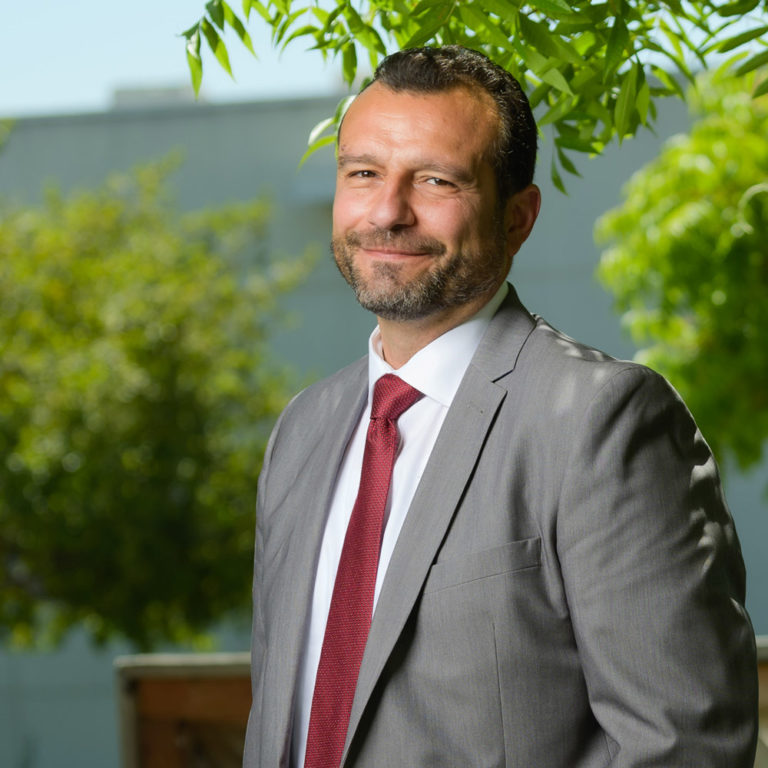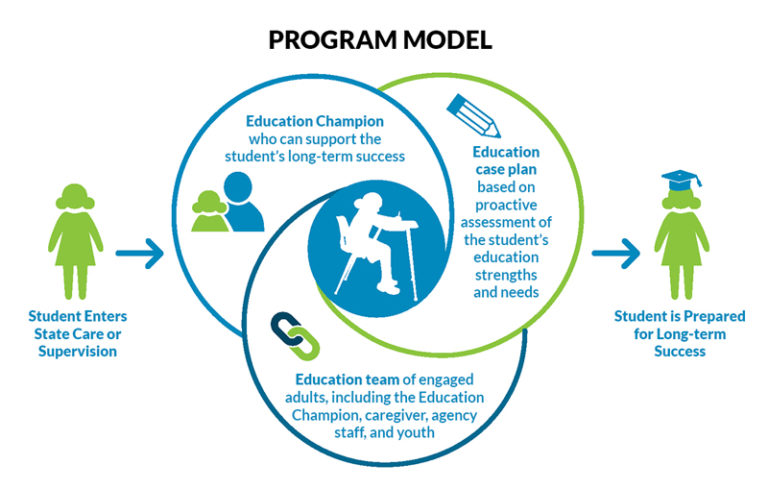Support For Students In Foster Care
Find out about how we improve educational outcomes for students in the foster care system, who we serve, and how we can help.

Mission
The mission of the SCCOE’s Foster Youth Services Coordinating Program (FYSCP) is to provide guidance, advocacy, community organization, teaming and collaboration around the issue of school success for students involved in the foster care system, including students living with their birth families but involved with child welfare.
We aim to increase the educational outcomes of students in foster care through the implementation of the FosterEd case management model:

Who do we serve?
- Foster youth ages 5-20 living and going to school in Santa Cruz County
With whom do we collaborate?
- Family and Children’s Services (FCS)
- School districts
- Court Appointed Special Advocates (CASA)
- Juvenile Dependency Court
- Children’s Behavioral Health
- Encompass’ Independent Living Program (ILP)
- Cabrillo
- UCSC
- Short Term Residential Therapeutic Programs/group homes
- And more…
What can we help you with?
- Identifying foster youth
- Connecting foster youth with available community resources
- Questions on foster youth rights and laws (AB 490, AB 2121, etc.)
- Enrollment questions and procedures
- Facilitating the timely transfer of educational records
- Helping know what school-based interventions are available for foster youth
- Assisting in forming school transportation plans for foster youth
- Special resources available for transition age youth (age 15 and up)
- Coordinating communication between agencies and partners
- Transition to college and career
- Providing trainings on foster youth education laws and rights
- Providing technical assistance and guidance on how to be more trauma informed with students in foster care
How do we serve foster youth?
- Create education teams and case plans for all school age foster youth
- Facilitate communication among youths’ family, service providers, and educators
- Monitor the academic progress of foster youth
- Refer youth for AB 2121 high school graduation waivers
- Connect youth to supportive agencies in the community
- Build the educational capacity of the foster youth’s caregiver
- Provide educational support for non-minor dependents (adults 18-20 in foster care)
